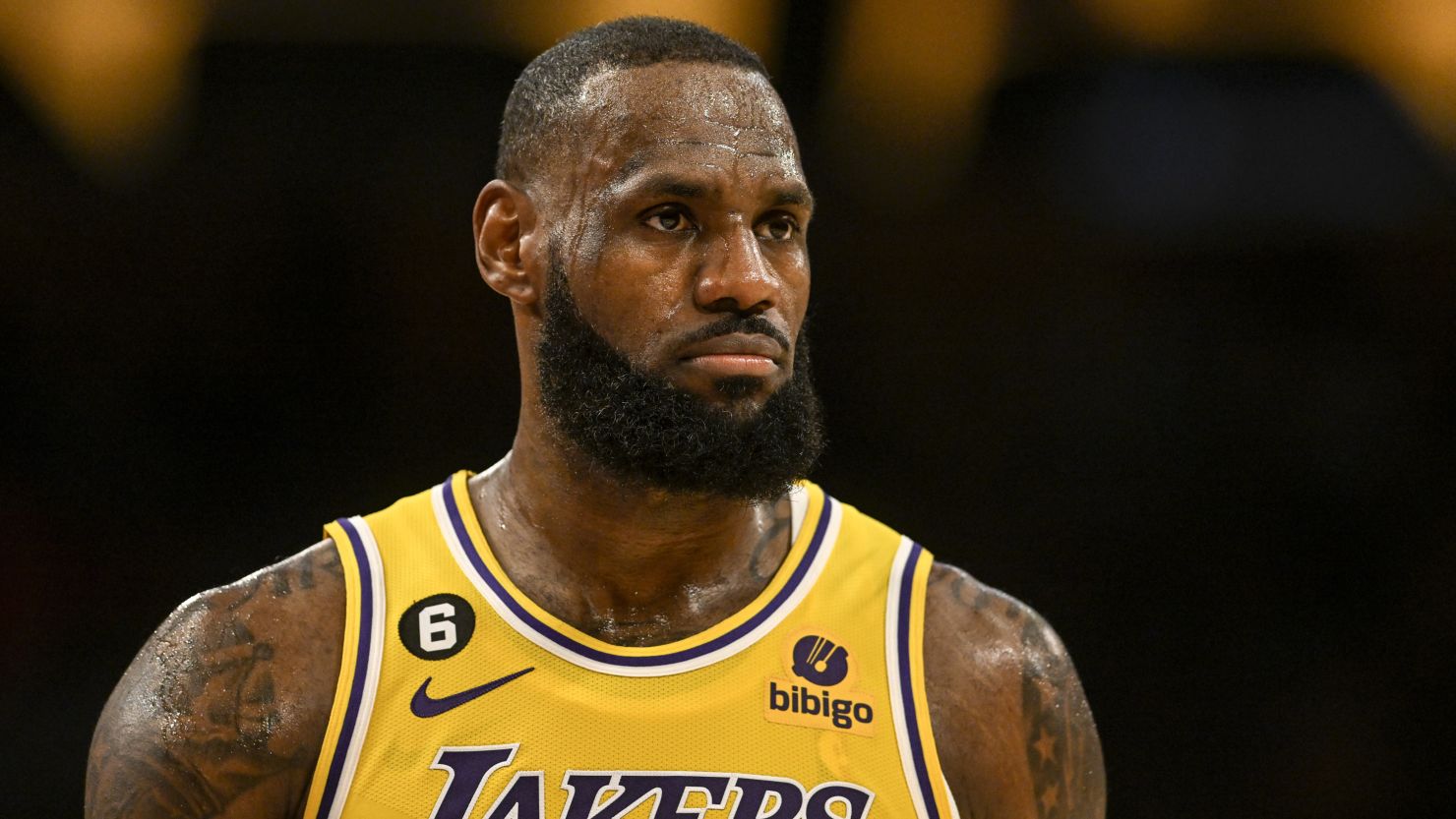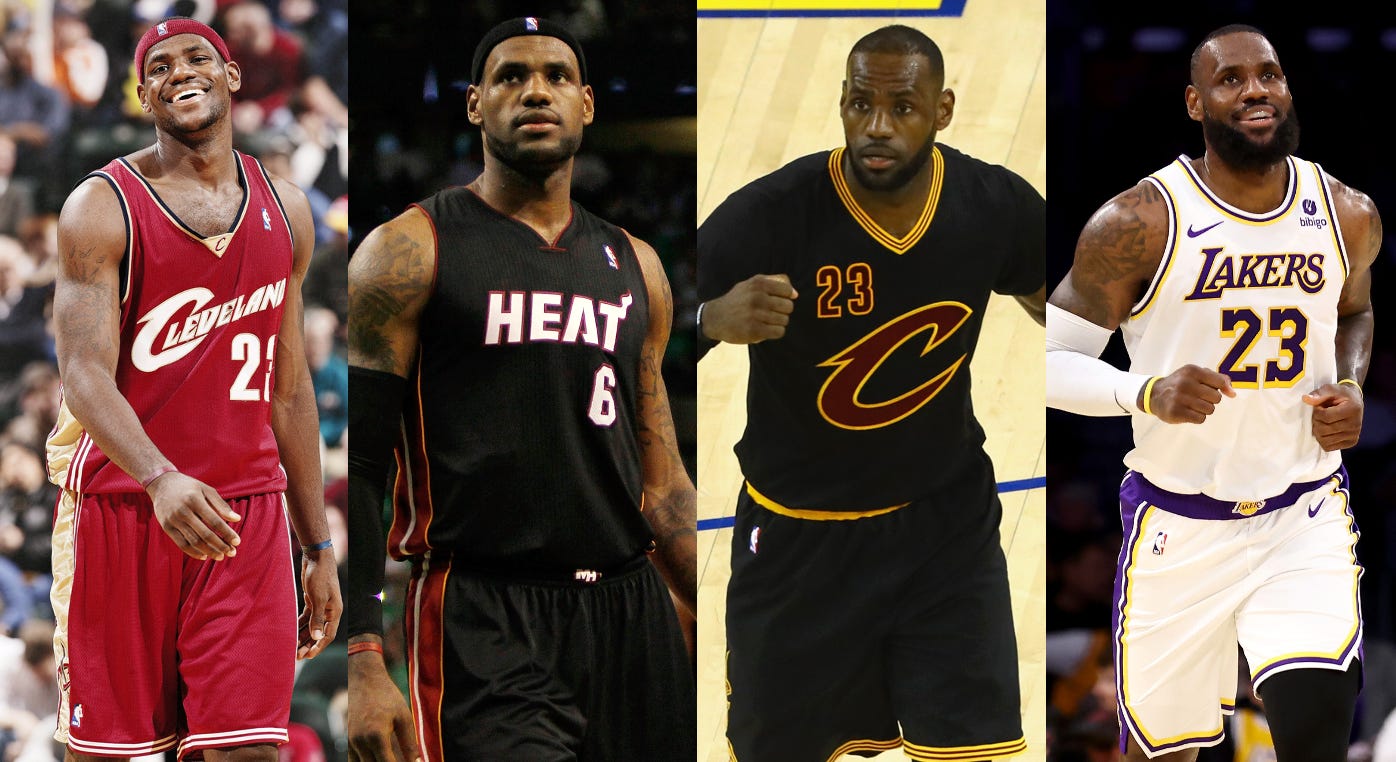The intellectual property (IP) world often collides with the celebrity landscape, and NBA icon LeBron James is no stranger to this intersection. A long-running lawsuit regarding the rights and origins of content surrounding his monumental "Second Decision"—the highly anticipated 2014 return to the Cleveland Cavaliers—highlights the complex legal challenges inherent in documenting a superstar’s life.
The Core of the Conflict
The lawsuit typically revolves around claims that James’ production entities, such as The SpringHill Company or Uninterrupted, misappropriated a concept or treatment initially pitched by the plaintiff. These cases often hinge on whether the idea presented was truly novel and concrete, or if it was merely a general concept that any entity could conceive of.
In cases involving public figures, the legal hurdles are significant. Courts must often distinguish between protecting specific, confidential creative proposals and preventing the protection of broad, non-original concepts—like the simple idea of documenting a famous athlete's career moves.
Legal Precedent and the 'Idea vs. Expression' Divide
The outcome of disputes like this frequently depends on the distinction between an unprotectable "idea" and a protectable "expression."
The Idea: The general notion of creating a documentary about LeBron James returning to Cleveland is typically considered an unprotectable idea.
The Expression: The specific script, structure, unique camera angles, or confidential business details of the finished work are generally considered the protectable expression under copyright law.
For the plaintiff to succeed, they must usually demonstrate that the defendant not only accessed their unique proposal but also copied the protected expression of that idea, rather than simply moving forward with a similar, obvious concept independently.
Implications for Athlete-Owned Media
This litigation holds significant implications for the growing trend of athlete-owned media companies. LeBron James is a pioneer in this space, building a media empire that directly controls his narrative.
These IP battles serve as a strong reminder that documentation and licensing procedures must be flawless. Athletes and their teams must meticulously log and formalize every interaction with external creators to preemptively guard against claims of implied contract, unjust enrichment, or idea submission. The outcome of the "Second Decision" lawsuit will likely influence how media companies owned by superstars structure their pitches, contracts, and internal development processes to insulate themselves from future legal challenges.
As the case progresses, it underscores a crucial truth in the media landscape: documenting history can be just as legally contentious as making it.



